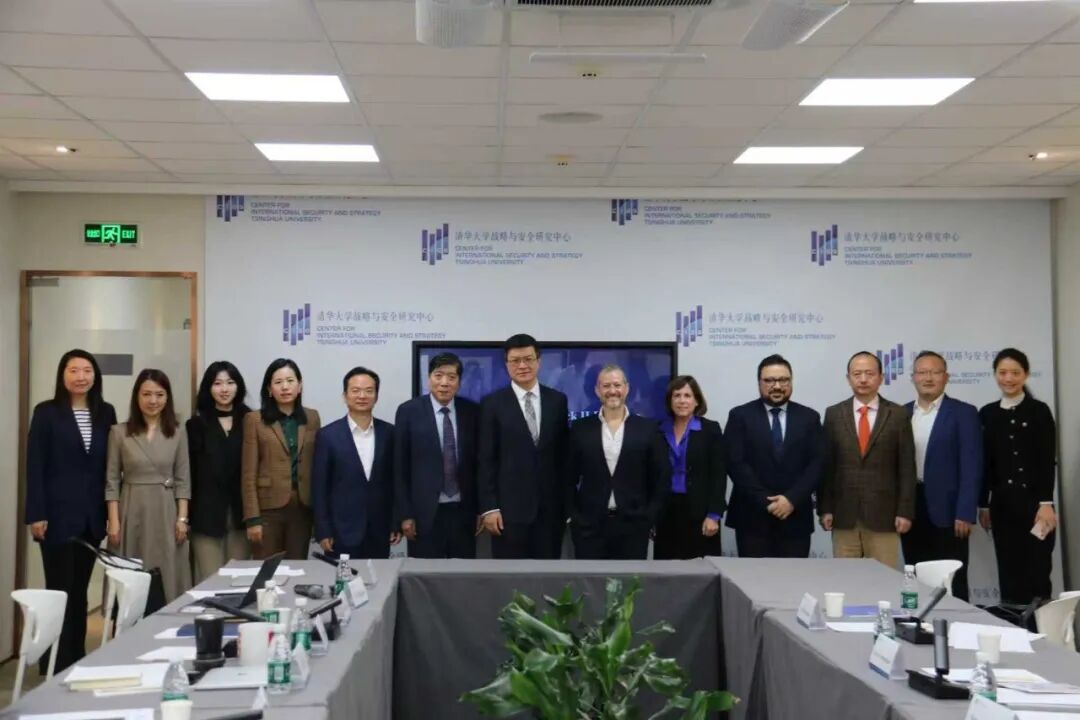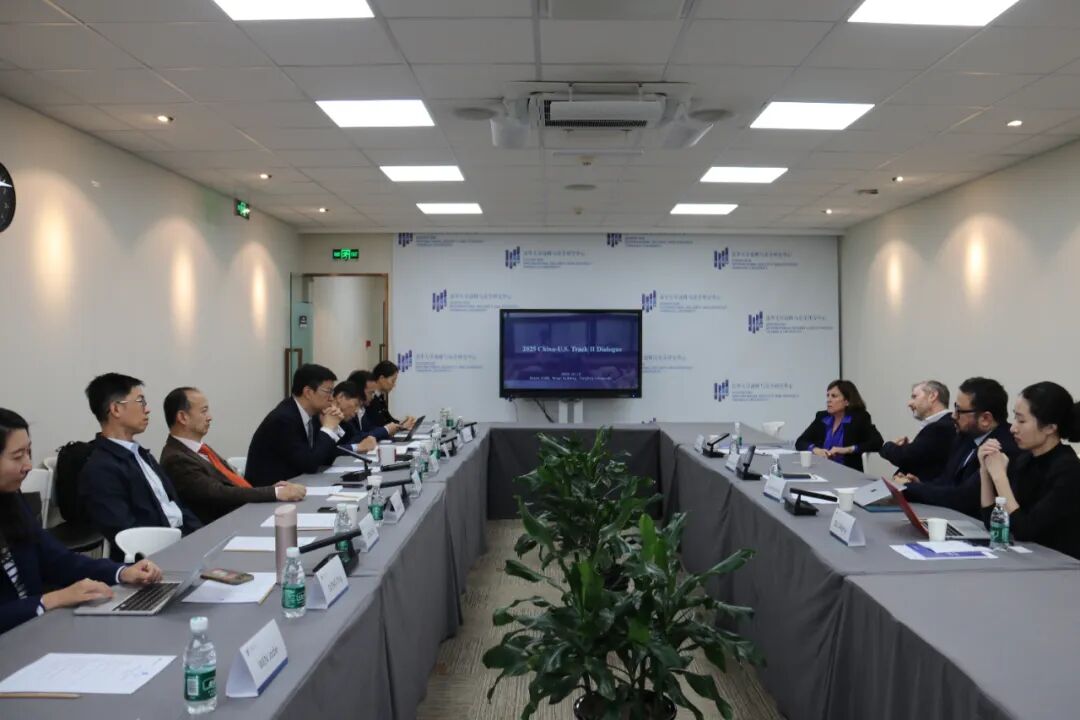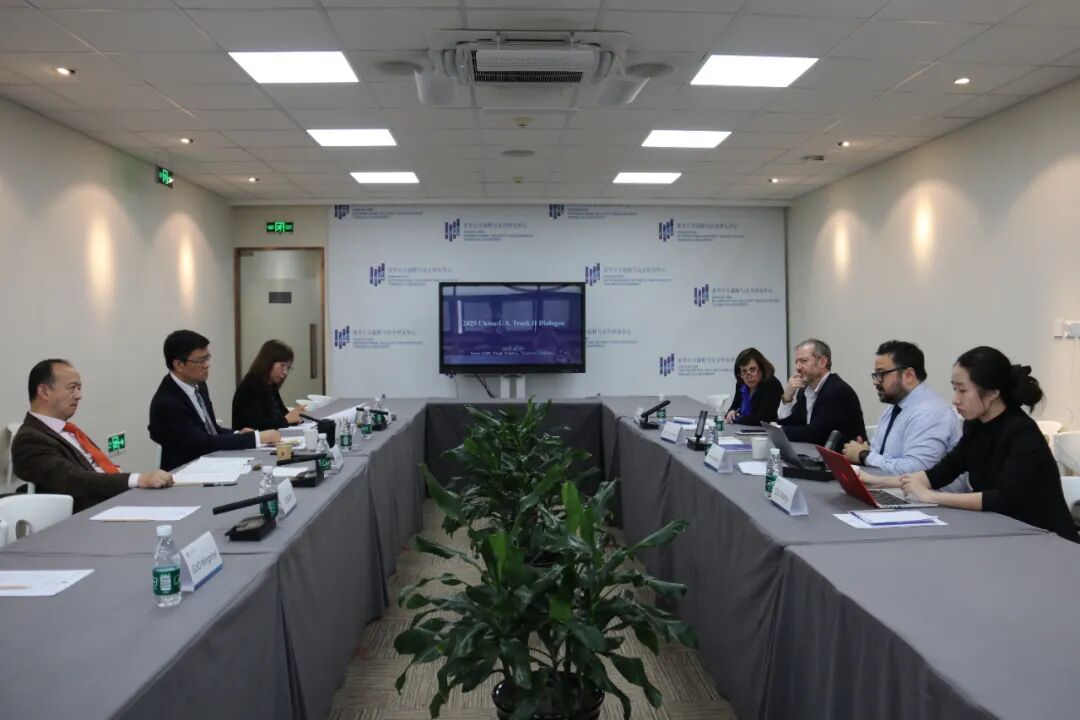On October 15, 2025, the Center for International Security and Strategy (CISS) at Tsinghua University successfully held the “2025 U.S.-China Track II Dialogue.” The meeting was co-chaired by Da Wei, Director of CISS and Professor at the Department of International Relations at Tsinghua University, and Evan A. Feigenbaum, Vice President for Studies at the Carnegie Endowment for International Peace.
Experts and scholars from both sides engaged in in-depth discussions on four key topics: “The Global Trade Architecture,” “China–U.S. Trade and Geoeconomic Policies,” “India amid Evolving China–U.S. Relations,” and “BRICS, SCO, and the Quad.”
Participants included Barbara Weisel, Nonresident Scholar at Carnegie’s Asia Program; Rohan Mukherjee, Nonresident Scholar at Carnegie’s South Asia Program; Huo Jianguo, Former President of the Chinese Academy of International Trade and Economic Cooperation under the Ministry of Commerce; Zhou Bo, Research Fellow at CISS; Li Li, Deputy Dean of the Institute of International Relations at Tsinghua University; Tu Xinquan, Dean of the China Institute for WTO Studies at the University of International Business and Economics; and Zhou Mi, Deputy Director of the Institute of American and Oceania Studies at the Chinese Academy of International Trade and Economic Cooperation.

Experts noted that the stagnation of WTO reform, the rise of protectionism, and the increasing influence of geopolitical factors have posed severe challenges to the multilateral trading system. Major economies such as China and the United States should work together to uphold multilateral consensus, promote WTO reform, and jointly address emerging global trade issues such as trade frictions and digital trade. Although China–U.S. economic and technological frictions are intensifying, both sides still have potential for cooperation in areas such as agriculture, green industries, and supply chain resilience. Going forward, efforts should be made to appropriately distinguish economic issues from national security concerns, so as to avoid structural confrontation.
Experts also observed that India, amid China–U.S. competition, seeks to maintain strategic autonomy while facing growing geopolitical pressures. By advocating for a “multipolar world,” India has gained strategic space but also faces constraints within the evolving power landscape. Emerging multilateral mechanisms are reshaping global governance: BRICS and the Shanghai Cooperation Organization (SCO) have become key platforms for the Global South, playing an increasingly important role in infrastructure, security, and economic cooperation; meanwhile, the Quad faces internal divergences that hinder its ability to form a stable alliance.


This dialogue marks the fourth exchange between CISS and the Carnegie Endowment for International Peace over the past three years, reflecting the steady development of a long-term institutional relationship between the two sides.
